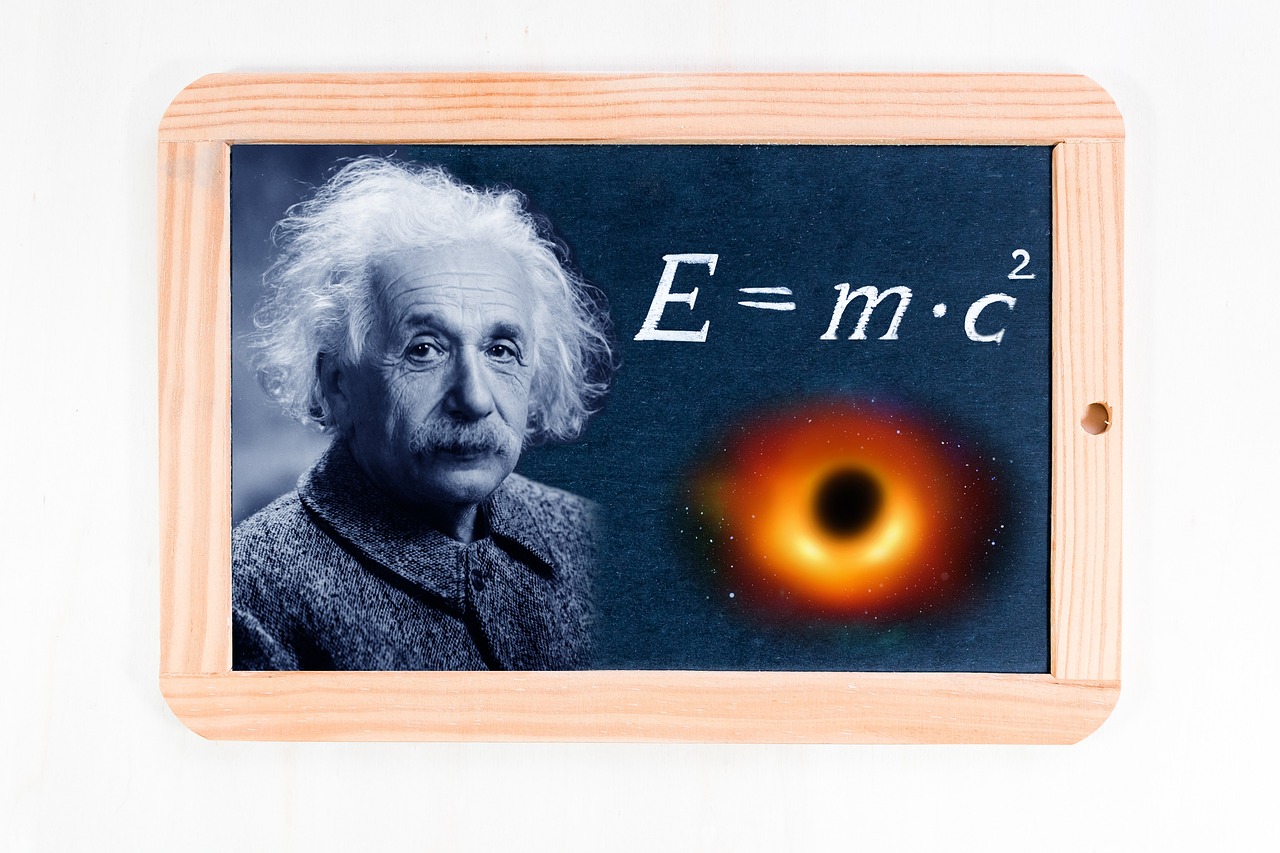Table of Contents
The Early Years: Einstein’s Curiosity and Early Inventions
Born in 1879, Albert Einstein displayed exceptional curiosity and creativity from a young age. Fascinated by the mysteries of science, he began tinkering with various inventions during his formative years. From a simple compass to homemade electrical devices, Einstein’s early experiments laid the foundation for his remarkable scientific journey.
Driven by an insatiable thirst for knowledge, Einstein’s intellectual curiosity led him to explore complex theories and concepts. His early inventions, although rudimentary, showcased his innate talent for problem-solving and innovative thinking. These humble beginnings would later pave the way for his groundbreaking discoveries that would reshape our understanding of the universe.
As a child, Einstein was captivated by the workings of a compass, pondering over the invisible forces that guided its needle. This fascination with magnetism and the laws of nature propelled him to conduct his own experiments. He built his first compass at the tender age of five, marking the beginning of his love affair with science.
Einstein’s inquisitive mind was not limited to the realm of physics alone. He also showed a keen interest in music and played the violin from a young age. This creative outlet allowed him to express his emotions and find solace in the beauty of art, a balance that would become integral to his scientific endeavors.
Revolutionizing Physics: Einstein’s Theory of Relativity
Einstein’s crowning achievement came in the form of his Theory of Relativity, which revolutionized the field of physics. Published in 1915, this groundbreaking theory proposed a radical new understanding of space, time, and gravity. Challenging long-standing beliefs, Einstein’s theory provided a fresh perspective, suggesting that the fabric of the universe is intricately interconnected.
The Theory of Relativity introduced concepts such as time dilation and the equivalence of mass and energy, famously summarized by the equation E=mc². These ideas not only transformed the field of physics but also had profound implications for our understanding of the cosmos. Through his revolutionary theory, Einstein solidified his reputation as a genius and forever changed the landscape of scientific thought.
Einstein’s theory challenged the conventional notions of time and space, suggesting that they are not absolute but rather intertwined with the gravitational force of massive objects. This concept, known as general relativity, was confirmed by the famous 1919 solar eclipse experiment, which observed the bending of light around the sun and provided empirical evidence for Einstein’s theory.
Quantum Mechanics: Einstein’s Unresolved Battle
Despite his groundbreaking contributions to physics, Einstein found himself at odds with the emerging field of quantum mechanics. While the theory had gained considerable scientific support, Einstein remained skeptical, famously stating that “God does not play dice with the universe.” He argued that quantum mechanics was incomplete and sought a more deterministic explanation for the behavior of particles.
Einstein’s persistent disagreement with quantum mechanics led to debates with notable physicists of his time, including Niels Bohr. Their discussions and disagreements laid the groundwork for the famous “Einstein vs. Bohr” debates, which continue to captivate scientists today. Although Einstein’s reservations about quantum mechanics remained unresolved during his lifetime, his critical thinking and intellectual rigor left an indelible mark on the field.
Despite his reservations, Einstein did contribute to the development of quantum theory through his work on the photoelectric effect, which won him the Nobel Prize in Physics in 1921. His research showed that light behaves both as particles and waves, providing a foundational understanding of quantum physics.
From Theory to Action: Einstein’s Practical Inventions
Beyond his theoretical endeavors, Einstein also applied his genius mind to practical inventions that aimed to improve everyday life. One notable example was his invention of the Einstein refrigerator, which utilized a thermodynamic cycle to cool and preserve food. This invention not only showcased his knowledge of physics and engineering but also highlighted his concern for societal issues such as food preservation and energy efficiency.
During the 1920s, refrigeration technology relied on toxic and flammable gases, posing serious safety risks. Einstein’s refrigerator, on the other hand, utilized a non-toxic and environmentally friendly process that was more efficient and reliable. Although the invention did not gain widespread commercial success during his lifetime, it laid the groundwork for modern refrigeration technology.
In addition to his refrigerator, Einstein also filed patents for various other inventions, including a gyrocompass for ships and a sound amplifier. These practical inventions demonstrated his versatility as a scientist and inventor, showcasing his ability to apply his theoretical knowledge to real-world problems.
Einstein’s genius mind was not limited to the realm of science alone. He also had a deep concern for social and political issues, using his influence to advocate for peace, civil rights, and the establishment of the Hebrew University in Jerusalem. His remarkable inventions, groundbreaking theories, and unwavering commitment to making the world a better place continue to inspire generations of scientists, inventors, and thinkers to this day.


